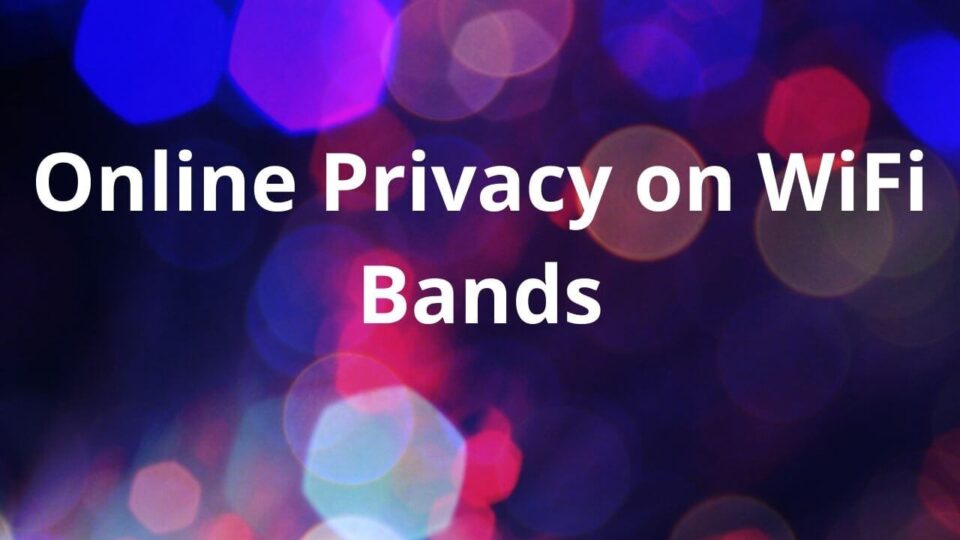- Protecting your privacy online is all about being able to surf the web without worrying about anyone spying on you or stealing things you’ve got. With that in mind, many people now turn to free online privacy on wifi networks instead of using a paid site like a hotel or restaurant. The reason they choose those free services is because they know they’re going to get online privacy on wifi networks that’s much better than those paid ones. Here’s what you need to know about online privacy on wifi networks:
- Protecting your online privacy on wifi networks has to start with you, the user. You need to think about what you do online and then change those behaviors so that you can be totally online privacy on wifi networks. One way to do this is by not sharing personal information about yourself with anyone. Some sites actually require you to fill out a personal form before they can give you online access, so make sure you don’t do that.
- Also, be careful about what you post online. Some things are more important than others and should be left off of social sites like Facebook. For example, many people would think that it’s okay to upload pictures of themselves to online sites like Facebook, but think that their status messages and emails are safe. While it’s good to be a little careless when it comes to protecting your privacy online, you need to be even more careful with the things you post online. For example, never upload anything that could potentially be a virus onto a public server. Also, don’t answer emails from people you don’t know or don’t recognize in person.
- Now let’s look at how you can get online privacy on wifi networks while being online. This is actually quite easy and there are several different options you have. The easiest option is probably to simply configure your internet settings to only allow online connections from specific, trusted sources. This can be done by going to your Internet Options and selecting the secure connection option. In addition, some browsers also have built-in protection against cookies, which can prevent third parties from tracking your browsing history.
- Another option for online privacy on wifi networks is changing your browser settings to only allow secure websites. This requires you to go into your browser and change the privacy settings to private mode, which can be found by clicking Tools in your Internet Options. However, this option isn’t always as secure as it sounds. Most major browsers have a security warning feature that displays when you’ve changed your privacy settings so you might not be able to change them back once you’ve closed the browser.
- If neither of these options works, the best option available for online privacy on wifi is to install a piece of software. This software will monitor all of your activity online, and keep a log of it for you to look over at any time. You can choose whether or not to track your online activities with this software, and it has the added benefit of making your surfing more private and secure.
- This type of software also keeps track of everything your browser automatically does online, including which sites you visit and which files you download. With this information, you’ll know whether or not you’re being asked to reveal any personal information online. It can be quite a burden to have a continuous stream of strangers trying to take advantage of you, especially if you use public wifi. This piece of software will help to eliminate much of that stress, and improve your online security. After installing it, you’ll be able to log into your account from any computer that has an online connection, ensuring you don’t suffer from online security issues while you surf online.
- One other advantage is that most brands of these bands include WPA security with their equipment. If you don’t know what this means, WPA stands for Wireless Protection Association. This type of protection prevents a variety of unwanted online data and activities from monitoring your online privacy. Without this protection, you could suffer serious consequences such as identity theft and legal trouble. For this reason, it’s best to buy your own device, rather than using free ones you get through online advertisements.

previous post